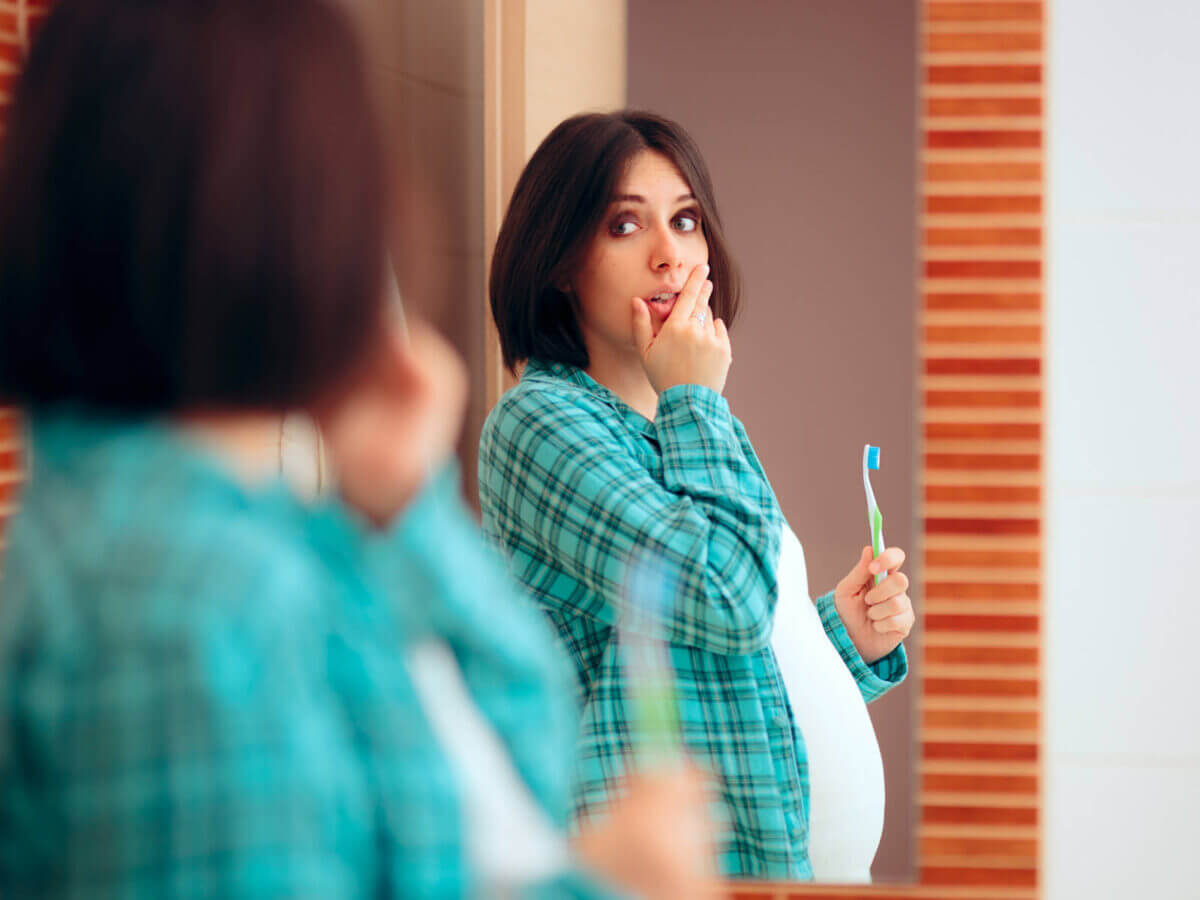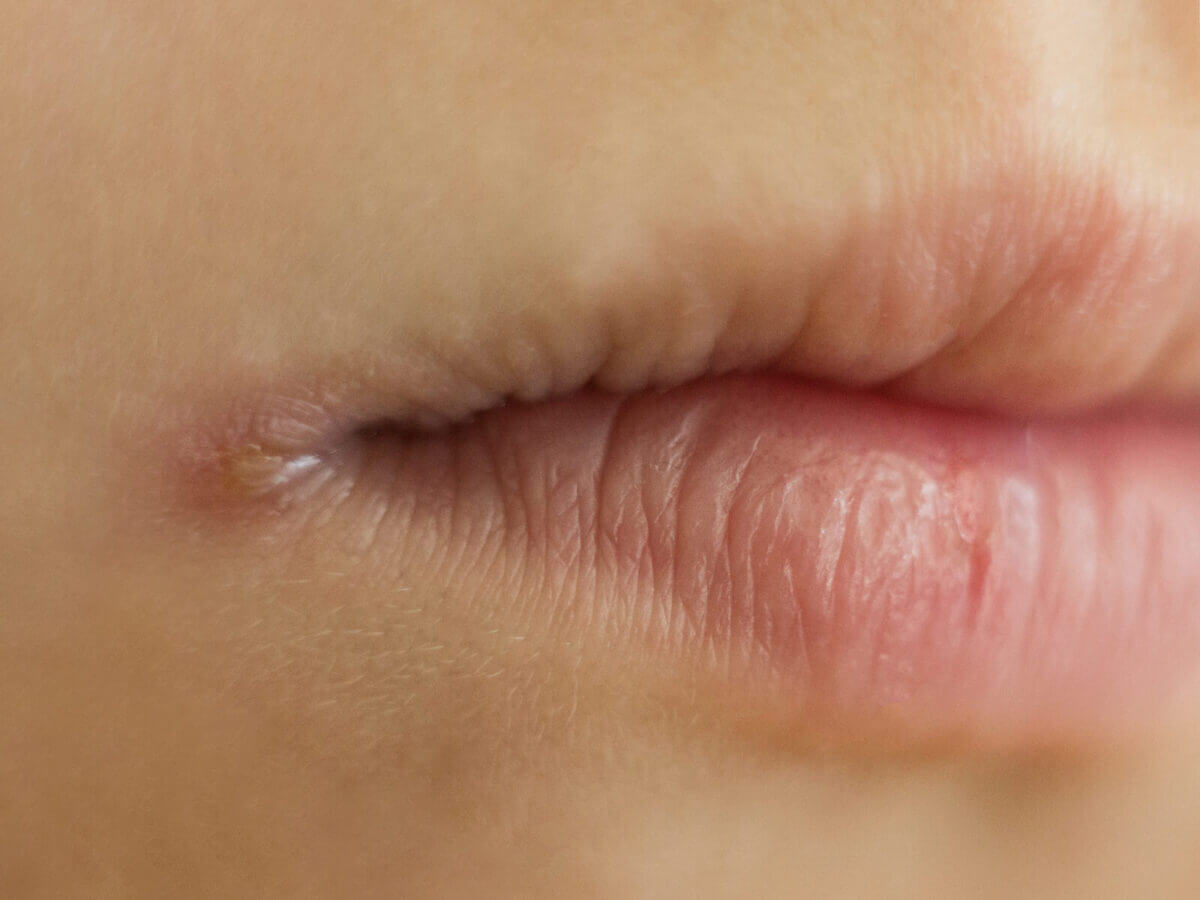A mother-to-be is used to making all kinds of sacrifices and lifestyle changes to benefit her unborn child. But one thing is well-known that if a pregnant mother is not healthy, the child will suffer its repercussions too. So a mother must care for herself so that her child is also taken care of in the process.
One of the things ignored during pregnancy is dental health. It is common in pregnant women to have their tooth and gum condition decline due to various reasons.
What Causes Decline in Dental Health of Pregnant Women?
Some of the things that contribute to dental issues during pregnancy are:
- Not following routine bedtime brushing – We all know how exhausting pregnancy can be, and women might tend to skip frequent bedtime brushing and flossing. A regular dental visit could also take a backseat during pregnancy as you are already making trips to your gynecologists, so dental care does not cross your mind. But all this could lead to dental plaque and bacteria inside your mouth.
- Hormonal changes – Due to hormonal changes, women can develop pregnancy gingivitis, i.e., gums get irritated and inflamed and might bleed.
- Morning sickness can cause a multitude of tooth issues. Stomach acid comes up till the mouth, weakening teeth enamel, thereby putting pregnant mothers at a greater risk for cavities.
- Eating a lot – Pregnancy fuels appetite like nothing else. But frequent eating and snacking put your teeth in constant contact with food. You could cause an increase in bacteria that feed on acids, such as Streptococcus mutans that produce acid and weaken enamels.
How Mom’s Oral Health Can Affect Baby’s Mouth
The presence of tooth decay and cavities can be transmitted to unborn babies (due to the build-up of cariogenic, i.e., cavity-causing bacteria) through saliva. The best known cariogenic bacteria is MS ( Mutans streptococci), and the level of MS within a person’s mouth determines their caries risk.
- MS tends to start building up inside an infant’s mouth right from birth time, even before an infant develops teeth.
- The excessive bacteria growth in the mother’s mouth can pass through her gums to the bloodstream and go to the uterus.
Read On To Learn To Maintain A Good Dental Health When You Are Expecting
You can surely avoid MS and periodontal diseases by following a few tips listed below:
- Twice-a-day brushing and flossing – Regular brushing and flossing are essential to remove cariogenic bacteria hiding in your mouth. If a gag reflex due to pregnancy makes it hard for you to brush, try using a different flavored toothpaste or listen to music while brushing to distract yourself.
- Brush your teeth an hour after vomiting – When you vomit, your teeth are covered with stomach acid, which causes demineralization. To prevent this, rinse your mouth with a cup of water having one teaspoon of baking soda in it.
- Lower carbohydrate intake – Sugary food or simple starches like potato feeds the cavity-causing bacteria in your mouth. So abstain from them during pregnancy.
- Munch on sugarless gums after every meal – You get sugarless chewable gums that are known to prevent tooth decay.
The precautions and care mentioned in this article would help you maintain a healthy oral condition during pregnancy so that you do not pass on any teeth-related issues to your newborn. Apart from that, do not skip your dentist visits since, at times, periodontal disease might still be lurking, which your dentist can identify and cure before it worsens.
Book an Appointment to find out which treatment might be best for you.




